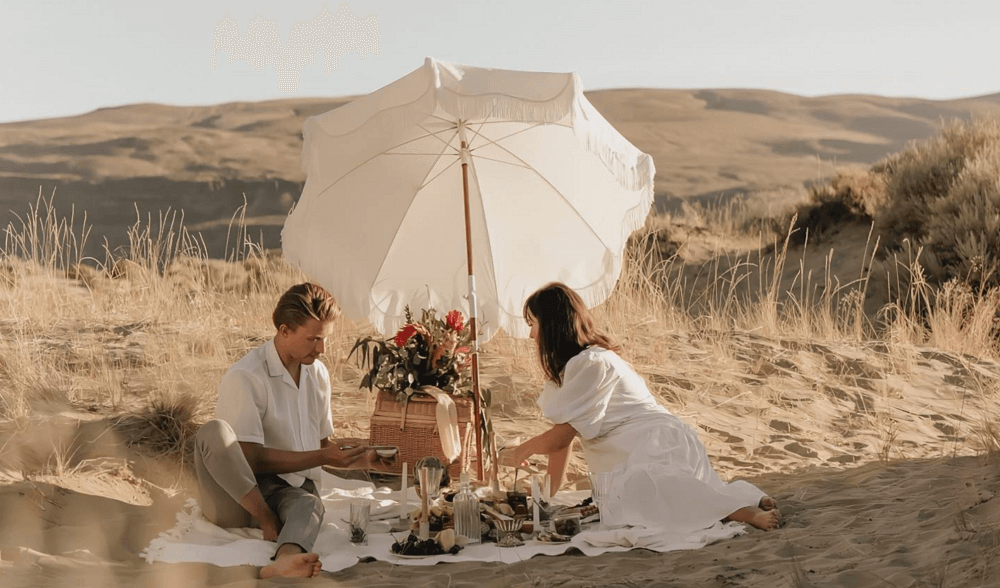Conflict is a natural part of any relationship, including marriage. It is often viewed as something negative, something that should be avoided at all costs. However, when viewed through a different lens, conflict can actually be seen as a catalyst for growth in your marriage. Conflict can be an opportunity to learn more about your partner and yourself. It can help you identify areas where you need to grow and change, and can also help you develop a deeper understanding and empathy for your partner.
One way that conflict can bring couples closer together is through the process of resolving the conflict itself. When couples are able to work through a disagreement in a healthy and productive way, it can actually strengthen their bond and build trust. This is because it requires both partners to listen to each other’s perspectives, validate each other’s feelings, and work towards a mutually beneficial solution.
Another way that conflict can bring couples closer together is by highlighting areas where they need to work on communication and understanding. When couples are able to identify these areas and work on them together, they can develop stronger communication skills and a deeper understanding of each other’s needs and desires.
One example of conflict leading to growth in a marriage is the story of Emily and James. Emily and James had been married for five years when they found themselves in a heated argument about finances. Emily was upset that James had made a large purchase without consulting her first, while James felt that he had the right to spend his own money as he saw fit. After several days of tension, they sat down to talk through their differences.
During their conversation, Emily and James realized that their conflict was not just about money, but also about trust and communication. James had been feeling unappreciated and neglected in their marriage, and had made the purchase as a way of asserting his independence. Emily, on the other hand, had been feeling overwhelmed and stressed about their finances and had not been communicating her concerns effectively to James.
Through their conflict, Emily and James were able to identify these underlying issues and work on them together. They set up a budget and communication plan, and also made an effort to show appreciation and support for each other on a regular basis. As a result, their relationship grew stronger and more resilient, and they were able to weather future conflicts with greater ease.
So, how can couples get better at solving conflict together? One important step is to approach conflict with a mindset of curiosity and openness, rather than defensiveness and criticism. This means actively listening to your partner’s perspective, asking questions to clarify their position, and seeking to understand their underlying feelings and motivations.
Another key step is to focus on finding a solution that works for both partners, rather than trying to “win” the argument. This means being willing to compromise and make concessions, and also being open to creative solutions that may not have been initially considered.
Finally, it’s important for couples to take time to reflect on their conflicts and learn from them. This means identifying areas where they could have communicated more effectively, and also celebrating areas where they were able to work together successfully.
In addition to these steps, couples can also work on changing their mental perspective and view of conflict. One helpful technique is to reframe conflict as an opportunity for growth and learning, rather than something negative or destructive. This means focusing on the potential benefits of conflict, such as increased understanding and empathy for your partner, and viewing it as a normal and necessary part of any healthy relationship.
In conclusion, conflict should be viewed as a catalyst for growth in your marriage. While it can be uncomfortable and challenging, it can also provide opportunities for deeper understanding, empathy, and communication. By approaching conflict with an open mindset, focusing on finding mutually beneficial solutions, and reflecting on the experience, couples can develop stronger relationships and weather future conflicts with greater ease.








0 Comments